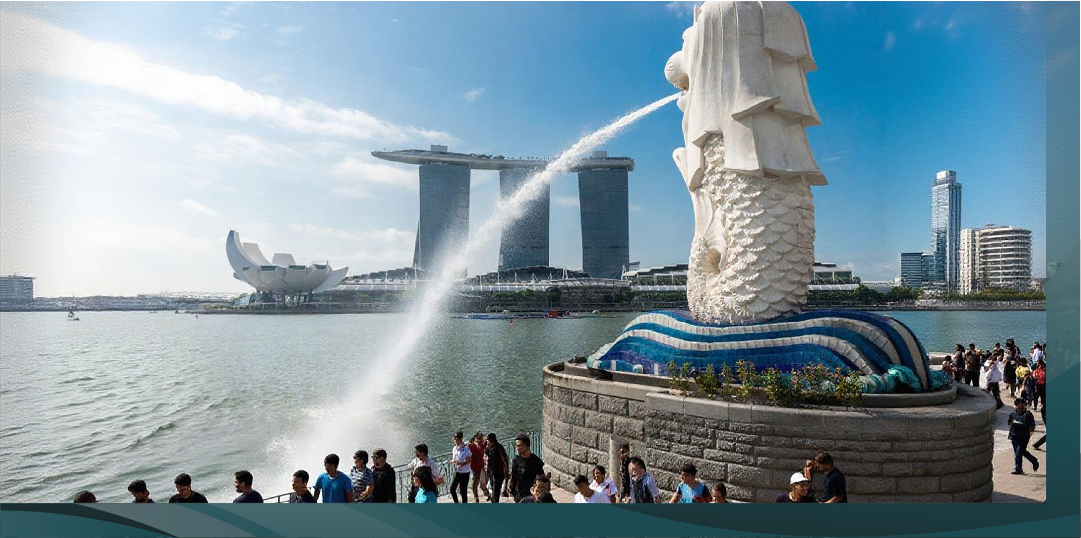ABSTRACT
Sustainability Due Diligence (SDD) is a comprehensive evaluation mechanism designed to proactively assess ESG risks and impacts, both within internal operations and across the supply chain. Unlike a Sustainability Report, SDD is preventive in nature and is used to identify potential risks before strategic decisions are made. The process involves analysis based on global standards such as GRI, UNGPs, and OECD Guidelines. SDD helps companies enhance transparency, reputation, and regulatory compliance. As such, SDD serves as an integral part of a responsible sustainability strategy.
Global developments have compelled the business world to implement and report on sustainability initiatives. Scope 1 and Scope 2 in the decarbonization journey are now commonly addressed through awareness, strategy, governance, reporting, and assurance. Currently, the focus of sustainability is expanding to Scope 3, which incorporates sustainability into the company’s supply chain or end-to-end business processes from upstream to downstream.
Companies listed on the capital market in Indonesia are required to prepare and publish a sustainability report. This obligation is regulated under the Financial Services Authority Regulation (POJK) Number 51/POJK.03/2017 concerning the Implementation of Sustainable Finance for Financial Service Institutions, Issuers, and Public Companies, as well as the OJK Circular Letter Number 16/SEOJK.04/2021 regarding the Form and Content of the Annual Report of Issuers or Public Companies.
The Sustainability Report aims to inform the public about a company’s performance in terms of sustainability, including environmental, social, and governance (ESG) aspects. Many companies claim to have implemented ESG initiatives and prepared sustainability reports, with some even having their reports assured.
As developments progress, ESG or decarbonization claims are no longer sufficient with just measurement and assurance. Going further, sustainability consultants from SW Sustainability Center have developed and now offer Sustainability Due Diligence (SDD). This service was created in response to growing global demand and even pressure for greater transparency and integrity in an entity’s sustainability practices.
In the near future, the need for Sustainability Due Diligence (SDD) will become increasingly critical as an essential mechanism to verify, control, and ensure that business practices are truly aligned with genuine sustainability principles. SDD serves as a comprehensive evaluation system for assessing ESG risks and impacts both within internal operations and across the company’s supply chain to distinguish between authentic commitments and mere cosmetic claims.
Ideally, SDD should be conducted prior to making strategic decisions such as supplier selection, market segmentation, mergers and acquisitions, project financing, partner selection, or new product development. However, the best practices indicate that SDD can also be carried out periodically as part of a company’s governance and risk management processes.
It is important to distinguish between Sustainability Due Diligence (SDD) and Sustainability Report preparation services. While the preparation of a Sustainability Report aims to help companies communicate their ESG performance to the public, typically in the form of an annual report based on standards such as GRI or IFRS S1/S2; SDD functions more as a preventive investigation focused on identifying hidden risks and potential future ESG impacts. A Sustainability Report serves as a tool for sustainability communication, whereas SDD acts as a mechanism for sustainability control. Both are essential, but they are applied at different stages of the business journey.
To ensure that the SDD process is carried out effectively, companies need partners who understand the complexity of ESG issues and apply a risk-based analytical approach. This is where sustainability professionals play a crucial role as strategic partners in delivering comprehensive and independent Sustainability Due Diligence.
Sustainability consultants should bring together a multidisciplinary team with expertise in ESG strategy, risk assessment, and stakeholder engagement. The SDD team is not only responsible for conducting evaluations but also for helping clients identify the most impactful areas for improvement that affect their business reputation and long-term sustainability.
Sustainability consulting teams must recognize that every company operates under different dynamics. Therefore, the SDD process is designed to be broadly applicable across various locations and industry contexts. It can be carried out across all operational sites and throughout the company’s supply chain, whether domestically or across borders.
Flexibility in working methods allows sustainability consultants to support clients both online and onsite, depending on the client’s needs and location. This approach ensures that each ESG assessment is targeted and relevant to the specific risks and opportunities faced by the organization.
The methodology used in SDD includes both qualitative and quantitative approaches, starting from document review, in-depth interviews, and field observations to benchmark against global standards such as the GRI (Global Reporting Initiative), the UNGPs (United Nations Guiding Principles on Business and Human Rights) which emphasize corporate responsibility to respect human rights and the OECD Guidelines.
The analysis covers areas such as environmental impact, human rights, labor practices, anti-corruption, governance, and other social aspects that affect business sustainability.
As part of the services offered by SW Sustainability Center, clients receive not only analysis but also actionable solutions, delivered through a structured report that includes ESG risk mapping, recommendations for policy and operational improvements, regulatory readiness assessments, and an executive summary ready for communication with investors and stakeholders. In addition, workshops or debriefing sessions are conducted to ensure that the due diligence results can be effectively implemented.Managing ESG risks is no longer optional, it is a necessity. Through SDD, companies can take control of their future with measured, strategic, and responsible actions. The involvement of professional sustainability consultants serves as a reliable partnership, supporting clients in making sustainability a core part of their business strategy not just a complementary effort.













